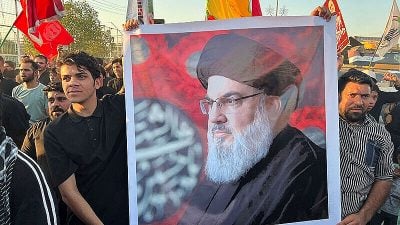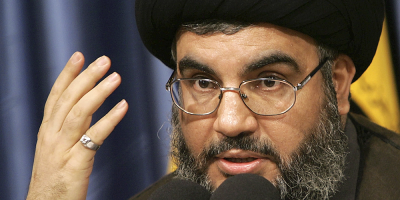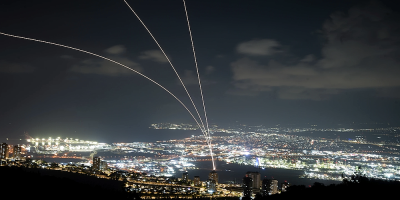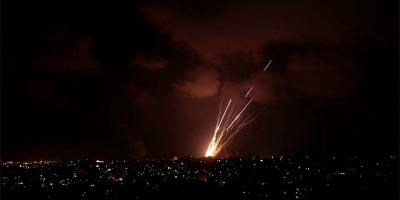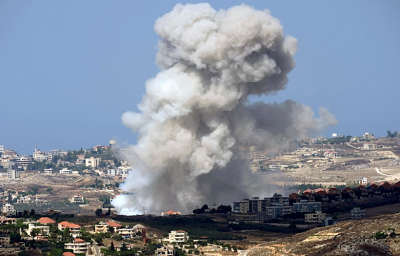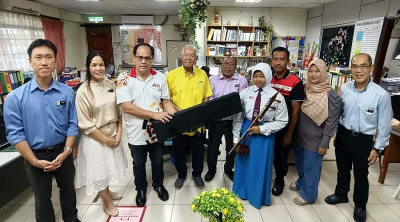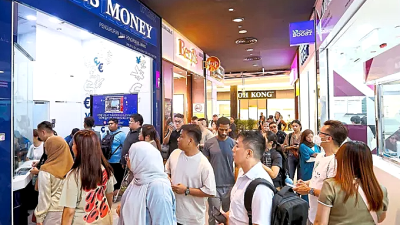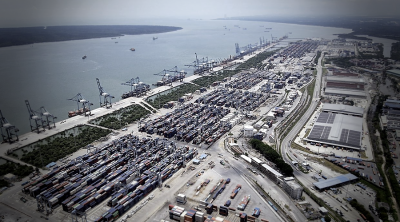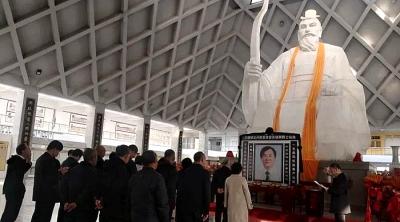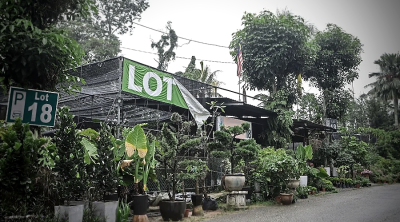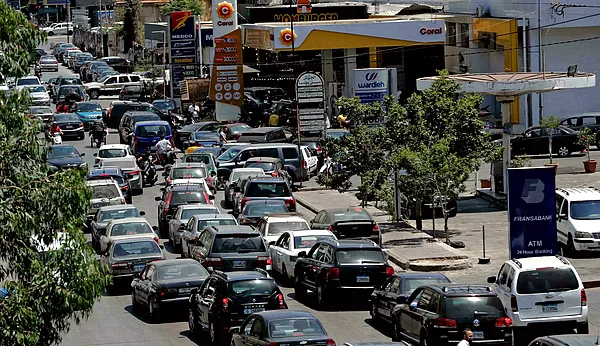
By Layal Abou Rahal
BEIRUT (AFP) — By challenging Lebanon’s national passion for automobile ownership, and driving growing numbers towards greener or more collective transport, the economic crisis is succeeding where everything else failed.
In the absence of a functioning public transport system, car culture has thrived and many households, even modest ones, boast multiple vehicles.
Since 2019, however, an ever worsening financial crisis has made petrol unaffordable for many and long queues at gas stations unbearable for the rest.
One of the by-products of Lebanon’s historic shortages and currency crisis is the first meaningful dent in decades in the reign of the private automobile.
Tuk-tuks, bicycles, carpooling and affordable buses — which were once out of the question for many — have since become more popular amid changing public attitudes and skyrocketing transport costs, including higher taxi fares.
“Before the crisis, I relied on my family’s car or a taxi, but this has all become unaffordable,” said Grace Issa, a 23-year-old customer service professional whose workplace is around 20 kilometres (12 miles) from home.
Her only option to get to the office now is a private coach operated by Hadeer, a start-up without which she would not have accepted her new job in the first place.
“I now spend about 30 percent of my salary on transportation instead of 70 percent,” she told AFP as she boarded a bus to go back home.
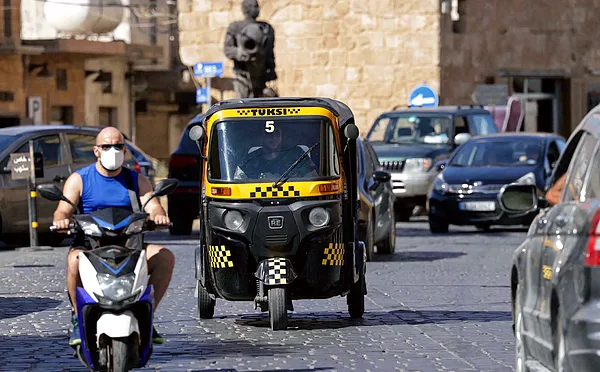
‘Unclean, unsafe’
There are more than two million cars for six million people in Lebanon.
Car imports have fallen by 70 percent over the past two years and many Lebanese can no longer afford new vehicles with the local currency losing about 90 percent of its value against the dollar on the black market.
Dwindling foreign currency reserves have forced authorities to scale back subsidies on imports, including fuel, causing prices to skyrocket.
Twenty litres (4.4 gallons) of petrol are now worth around a third of the minimum wage, while nearly 80 percent of the population lives below the poverty line.
In response to the crisis, Boutros Karam, 26, and three friends launched Hadeer, which provides affordable bus transport along the country’s northern coastal highway.
Unlike the dilapidated public transport system, buses operate along a fixed schedule, are equipped with wi-fi and tracking services and are relatively safer for women who often report harassment on public coaches and vans.
Sixty percent of Hadeer’s customers are women.
“The public transport problem is an old one but it was compounded recently by the fuel crisis and the fact that many can no longer afford to move around” using taxis or their own cars, Karam said.
The start-up, which has also developed a mobile app that allows customers to book seats in advance, is breaking stereotypes Lebanese have harbored regarding mass transit, Karam added.
Many of our customers “were not accustomed to using collective transportation”, Karam said.
“They used to refuse it because it was seen as unclean… and unsafe.”
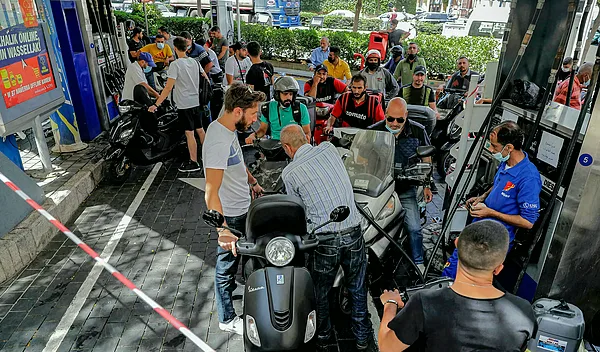
‘Way of life’
Lebanon has had a railway network since the end of the 19th century but it has been out of service since the start of the country’s 1975-1990 civil war.
Several proposals over the decades to revamp public transport have been shelved. In 2018, the World Bank approved a $295 million package to jumpstart the country’s first modern public transport system.
The Greater Beirut Public Transport Project, however, never took off and the Lebanese government is now looking to use the funds to help support the country’s poorest.
“Discussions are under way with the government of Lebanon regarding the feasibility of restructuring and reprogramming the entire World Bank portfolio which also includes the Greater Beirut Public Transport Project,” World Bank spokesperson Zeina El-Khalil told AFP.
In the coastal city of Batroun, a popular tourist hotspot during the summer, the tuk-tuk has gained traction among visitors and residents alike, according to Toni Jerjes, who manages a service offering the auto rickshaws.
“The crisis has changed the Lebanese people’s transportation habits. Tuk-tuk is a less expensive and faster option,” he said.
In the city of Tripoli further north, Natheer Halawani has relied on a bicycle for nearly two decades to move around.
He has lobbied for a bicycle boom in his car-clogged city for years, but in the end, it was the economic calamity that finally put the wheels in motion, and he says more people are now pedaling through the city’s streets.
The private vehicle “is not just a means of transport, it is also a way of life”, he said.
For the 35-year-old, the crisis provides “a suitable opportunity to rethink” such old transportation models.
ADVERTISEMENT
ADVERTISEMENT







